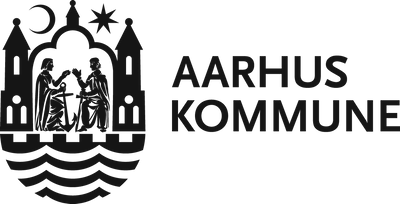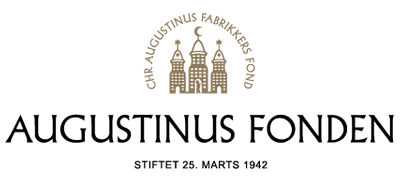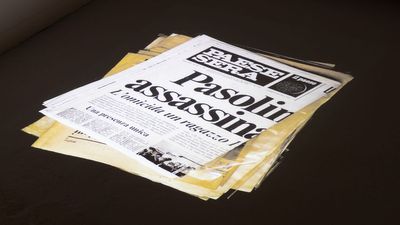–
Seminar: Traces of violence, trauma and gender in History of Violence
–
Galleri Image and Kunsthal Aarhus invites you to the seminar Traces of violence, trauma and gender in History of Violence in conjunction with the current exhibition History of Violence by Peter Brandt. The seminar will take place at Kunsthal Aarhus on Saturday 25 September from 2 pm to 4.30 pm. Free entrance.
The seminar will be in English. But please, send a mail to info@galleriimage.dk and sign up for the seminar.
At the seminar curator and art critic Jeppe Ugelvig will make a presentation about The Forensic Aesthetics of Trauma and visual artist and researcher Katrine Dirckinck-Holmfeld will present her subject 'The Rematerialisation of Trauma: A Dialogue on Love'.
Afterwards they will both participate in a discussion with Peter Brandt about his work with violence, trauma and gender in his current project, as well as in his previous art works.
The seminar is moderated by visual artist Selini Halvadaki.
Seminar programme: 2 pm – 4.30 pm (Kunsthal Aarhus closes at 5 pm)
1 Welcome by Beate Cegielska with introductions by Peter Brandt of the panel participants
2 Selini Halvadaki presents the programme3 Peter Brandt Artist talk about History of Violence
4 Jeppe Ugelvig talk about No Safe Place
5 Conversation between Jeppe Ugelvig and Peter Brandt – from No Safe Place to History of Violence
6 Questions, comments from the panellists Beate Cegielska, Peter Brandt, Selini Halvadaki, Jeppe Ugelvig & Katrine Dirckinck-Holmfeld
7 Break (coffee, water, fruit, sweets)
8 Katrine Dirckinck-Holmfeld: Talk about Dematerialisation of trauma
9 Conversation between Katrine Dirckinck-Holmfeld and Peter Brandt about materialising trauma. 10 Questions, comments from the panellists Beate Cegielska, Peter Brandt, Selini Halvadaki, Jeppe Ugelvig
11 Questions from the room.
12 Thanks and goodbye from Selini Halvadaki
Peter Brandt (b. 1966) is a Danish visual artist based in Copenhagen. He studied at The Royal Danish Academy of Fine Arts in Copenhagen and The Royal Institute of Art in Stockholm. His artistic practice is influenced by feminist strategies, trauma theory, the use of his own body, and he often refers to other artists. In 2020 the book No Safe Place was published by Really Simple Syndication Press and in the same year, he received the Danish Arts Foundation’s three-year working grant.
Jeppe Ugelvig (b. 1993) is a curator and cultural critic based in London and New York. His research focuses on histories and theories of cultural production. He has staged exhibitions at Charlottenborg (Copenhagen), Tai Kwun (Hong Kong), Hessel Museum (New York), Goethe Institute (Ramallah) and The National Gallery of Denmark (Copenhagen). Ugelvig has written the essay 'The Forensics of Trauma' about Brandt’s practice, included in the book No Safe Place.
Katrine Dirckinck-Holmfeld (b. 1981) is a visual artist and researcher based in Copenhagen. Her artistic practice is based on research. Her PhD-project 'Time in the Making: Rehearsing Reparative Critical Practices' (University of Copenhagen, 2015) revolves around developing “repairing critical practices”. She understands the “repairing critical practice” as a collective exploration of fragments, from broken stories to new assemblages. In her current project 'Entangled Archives', she continues to examine the reparative critical practice in relation to the colonial archives. She was head of the Department of Art, Writing and Research at the Royal Danish Academy of Sciences. Danish Academy of Fine Arts (2019-2020), where she was also a postdoc (2016-2020). She is part of the research collective Uncertain Archives (University of Copenhagen) and ACIG: Advancing Creative Industries for Development in Ghana (CBS, University of Ghana, Loughborough University).
Selini Halvadaki (b. 1985) is a visual artist and curator based in Copenhagen. She works primarily with moving images and text as well as with collaborative projects and collective organizing. Recurring themes involve memory, history, and identity at the intersection of personal and collective experience specifically trough image production and language. In her methods, as well as in her thematics, Halvadaki incorporates an element of performativity by using non-linear strategies to re-edit and combine moving images as part of a critical and investigative approach to art. Halvadaki has an MFA from the Royal Danish Academy of Fine Arts (Copenhagen).
Supported by






